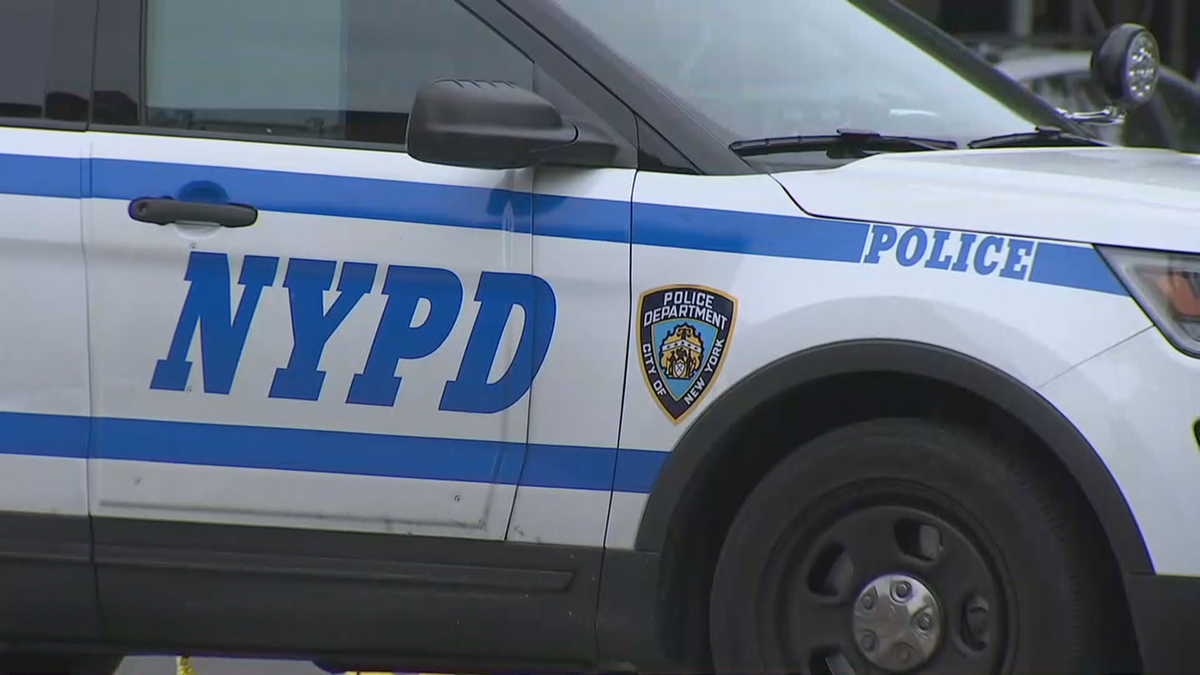What to Know
- As New Jersey faces a possible avalanche of evictions in the future months due the economic fallout of the ongoing pandemic, some landlords and renters in New Jersey struggling financially because of the crisis will get a help thanks to a new multi-million grant program.
- On Friday, Gov. Phil Murphy alongside Lt. Gov. Sheila Oliver introduced a new emergency aid program, the Small Landlord Emergency Grant Program, that will allow owners of small rental apartment buildings to tap into a pool of $25 million in grant money to make up for the COVID-19-related rent decreases from April to July.
- As part of the program, landlords who receive assistance will be required to pass along benefits to their tenants by forgiving back rent and late fees accumulated by COVID-19 impacted units.
As New Jersey faces a possible avalanche of evictions in the future months due the economic fallout of the ongoing pandemic, some landlords and renters in New Jersey struggling financially because of the crisis will get help thanks to a new multi-million grant program.
On Friday, Gov. Phil Murphy alongside Lt. Gov. Sheila Oliver introduced a new emergency aid program, the Small Landlord Emergency Grant Program, that will allow owners of small rental apartment buildings to tap into a pool of $25 million in grant money to make up for the COVID-19-related rent decreases from April to July. The program will be administered by the New Jersey Housing and Mortgage Finance Agency.
Funded through the CARES Act, grant amounts will be generated based on the total amount of missed rental payments and the number of COVID-impacted rental units that serve low- and moderate-income tenants. As part of the program, landlords who receive assistance will be required to pass along benefits to their tenants by forgiving back rent and late fees accumulated by COVID-19 impacted units.
Grant funding will be allocated on a case-by-case basis, based on the number of COVID-impacted units, and the amount of missed rent.
“To emerge stronger from this crisis, we need to make direct investments in our hardest hit neighborhoods and communities,” Murphy said in a statement. “Ensuring that responsible landlords can continue to maintain their properties and provide quality housing to our tenants is essential to our recovery. Through this program, we can also provide direct support to COVID-impacted renters by forgiving back-rent.”
Oliver, who serves as Commissioner of the New Jersey Department of Community Affairs (DCA) and Chair of the New Jersey Housing and Mortgage Finance Agency (NJHMFA) Board, shared similar sentiments, saying in a statement that the program will offer "much-needed relief."
News
“We know that many of New Jersey’s landlords are not companies or corporations. Rather, they are families and individuals. And like the families they rent to, they are struggling because they are often locked out of access to capital and federal resources," Oliver said. “The number one priority of this program is to offer much-needed relief to small landlords, who will in turn pass along the benefits to their tenants who are also fighting to stay afloat in the midst of this ongoing public health and economic crisis.”
Oliver said that landlords will have to provide proof of missed rent and financial impact during the application process. Renters may also be reached out to to confirm the information. According to Oliver, the money given to approved applicants will not have to be paid back. However, if a landlord falsified or made misrepresentation on the application process they will have to repay money given to them through the program and may face additional repercussions.
Additionally, the program calls for one-third of its funds to be reserved for applicants who are registered in DCA’s RIMS database as individual or family owners. Qualified applicants must meet the following specifications:
- Owners with properties that have at least 3 but no more than 10 total housing units;
- Owners with properties that are not seasonal or vacation rentals;
- Properties must have current fire inspection certificates as of March 9, 2020;
- Owners of properties with at least one non-vacant rental unit impacted by COVID-19 between April and July 2020; and
- Owners with properties that have low- to moderate-income rent levels or rent based on up to 80% of the median area income.
Applications must be submitted between Aug. 19 at 9:00 a.m. and Aug. 26 at 1:00 p.m. to be considered.
Applicants must be the Primary Property Owner of a residential rental property in New Jersey and be registered with DCA’s Bureau of Housing Inspection as of July 17, 2020. Applicants can check here to see if their property is registered. For more information on the Small Landlord Emergency Grant Program, visit www.njhousing.gov/rentals/sleg



